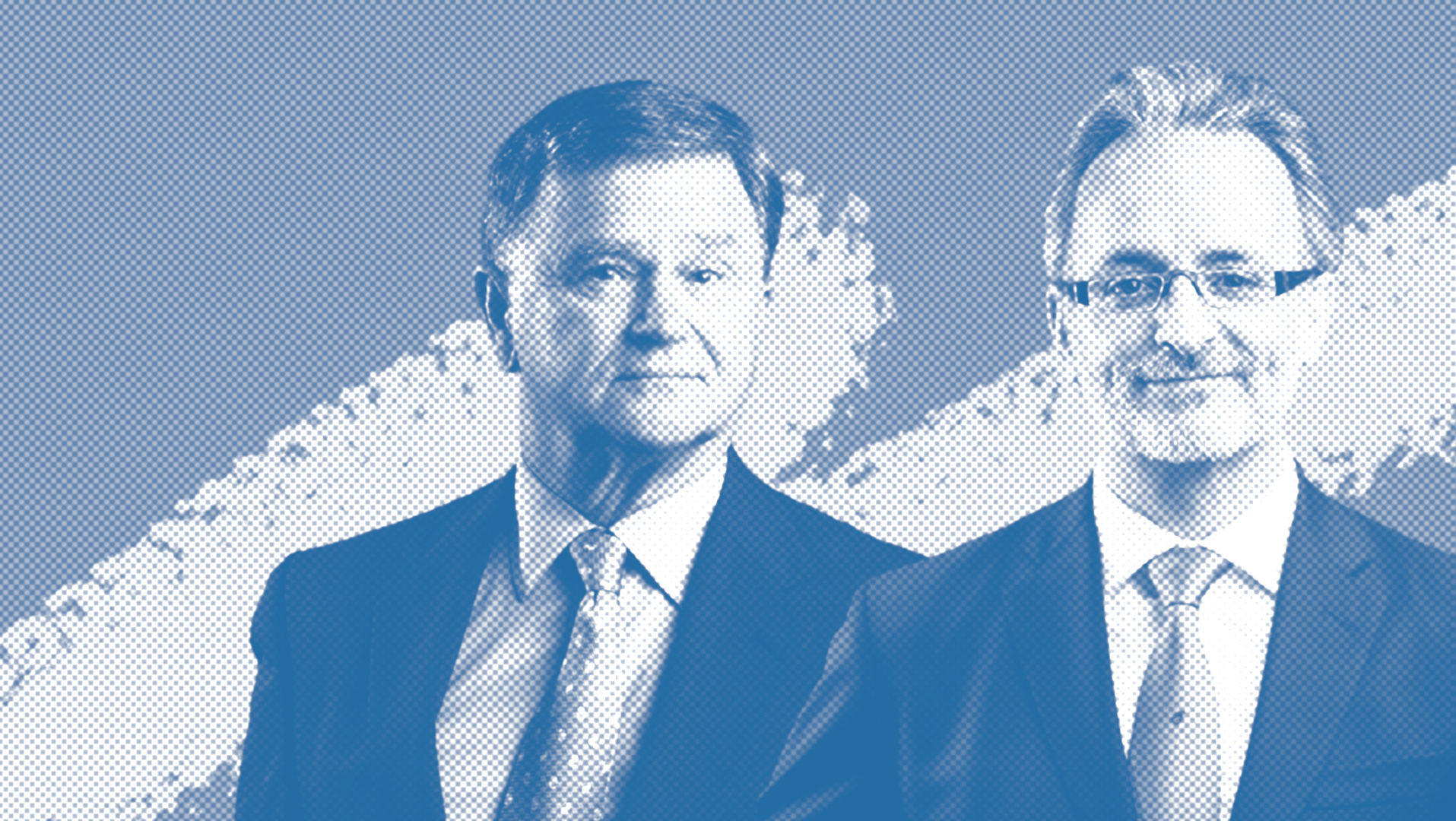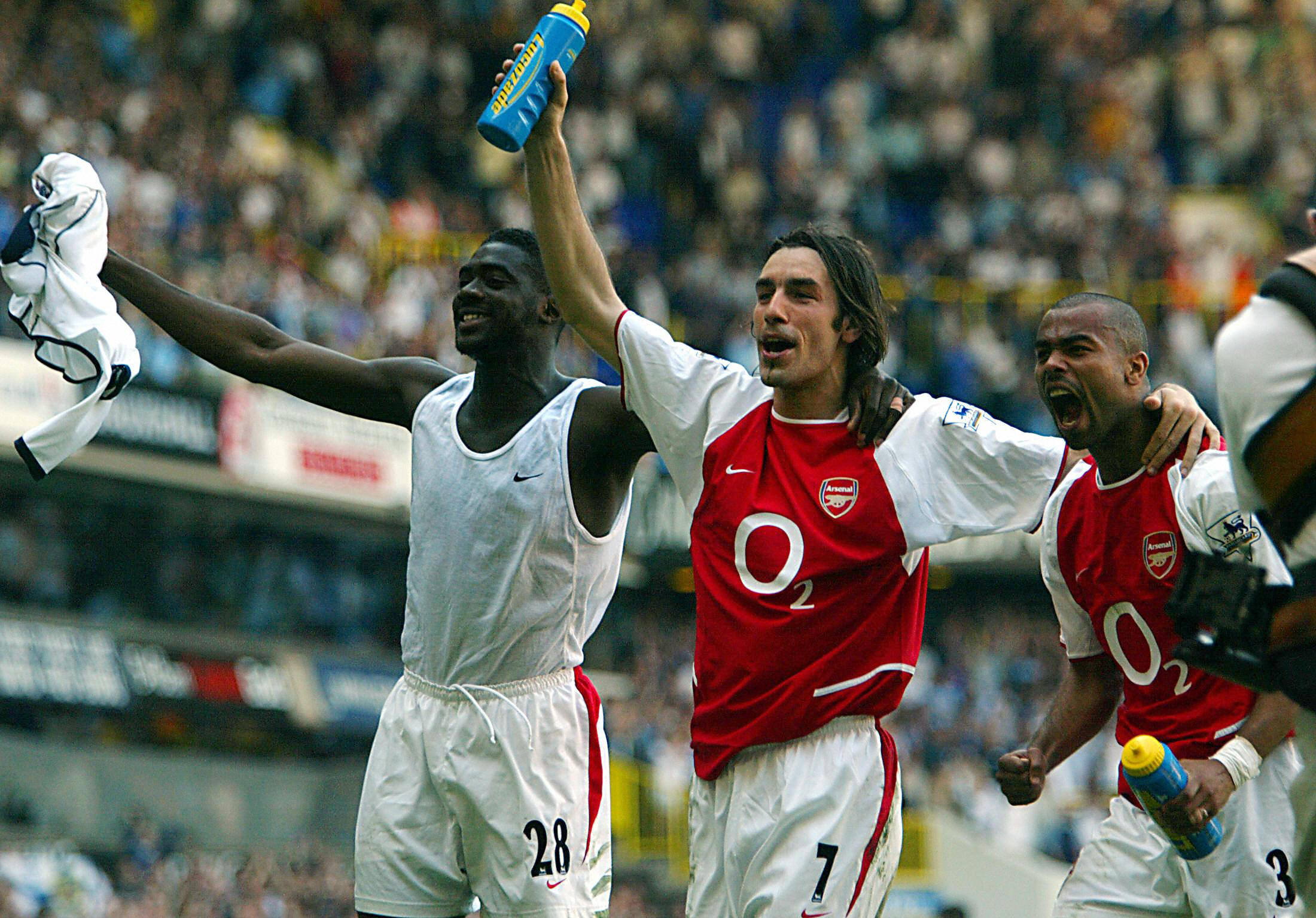We often hear about the value of experience in the investment business. But what, really, is that value? Implicit in the idea that experience is valuable is a belief that experience necessarily leads to expertise. (I’m using psychology professor Gregory Northcraft’s definition of being a expert here—experts have superior predictive models that work.)
In many areas of our lives, we can, in fact, learn from our experiences. Over time we start to see patterns in events and that pattern recognition enables subjective judgment, or what is often called intuition. But those patterns need to be recurrent, in environments where there is a clear and stable relationship between cause and effect, so that history really does repeat itself.
In his book Range, David Epstein described that sort of learning environment as “kind”—patterns repeat, feedback is immediate, and experience can lead to expertise. As he writes, “In golf or chess, a ball or piece is moved according to rules and within defined boundaries, a consequence is quickly apparent, and similar challenges occur repeatedly…. the player observes what happened, attempts to correct the error, tries again, and repeats for years.”
In contrast, in the sorts of learning environments that Epstein describes as “wicked” there are few (or no) clear rules and feedback is limited at best. In these kinds of environments, experience teaches you little. Indeed, it can be dangerous. Experience can lead us to over-interpret, to see patterns where there are none, and to become entrenched in our ideas.
Once we have an idea, it is extremely hard to change our minds. Confirmation bias means that we see evidence that confirms our views and ignore that which challenges them. When facts change, we should change our minds, but we rarely do. And cognitive entrenchment means that the more experience we have, the more difficult we find it to adapt to changing circumstances. With greater experience comes rigidity.
The fact that more experience can lead to these behavioral pitfalls is a good reminder that it’s important to pay attention to smart, inexperienced people. Often in organizations, seniority can lead to one’s views being accorded more weight, while more inexperienced colleagues’ views are often dismissed as lacking sufficient wisdom.
Investing, obviously, takes place in a wicked learning environment. The relationship between cause and effect on market prices is highly obscure. Few patterns repeat and, once identified, are arbitraged away and do not persist. There is no evidence, for example, that market participants can forecast the direction of markets, let alone macroeconomic or political variables.
Furthermore, for long-term investors such as us, it is hard to identify the right feedback to our decision-making. Our goal is to construct portfolios that outperform the broad markets on a risk-adjusted basis over extended periods. But returns are very time dependent, and short-term price movements are a poor guide to long-term returns, offering us poor feedback on our decisions. We must look at our investment theses and create our own feedback loops so that we can test whether the fundamental insights we are relying on to forecast outperformance of the stock of a particular company remain valid. And to overcome cognitive entrenchment, we must be prepared to update our beliefs—our forecasts—if the facts change.
This sort of learning environment is why when it comes to investing, experience doesn’t lead to expertise. It leads, simply, to experience—more opportunities to learn, more chances to understand the boundaries of our knowledge. But those chances are very, very valuable.
One of our basic beliefs about equity markets is that they are efficient, but not entirely so. There are inefficiencies that result from the biases of market participants, and to overcome our own biases and exploit those of others, we have structure and process—or rules—that govern how we do research and provide the background to the judgment required about when to buy and sell stocks.
But are there any permanent rules in investing? Rules are important for controlling cognitive biases, but they are not unchanging dogma. We should be prepared to change our rules when the environment changes or when they do not work. In an investment firm, humility about our ability to forecast accurately is important, and so is an open-mindedness about rules. More experience gives us the ability to look at our own behavior, to observe the errors that we make—usually because of our own biases—and to implement structures and processes that help mitigate the all-too-human tendency to make decisions where the results do not contribute to achieving our goals.
I know less now than I thought I did when I was new to the investment business 45 years ago. What experience has taught me is the importance of being aware of market history but not relying on it to make forecasts. It has taught me that how we behave is more important than what we know. And most importantly, experience has given me more chances to test ideas in the marketplace, receive feedback, and use that feedback for continuous improvement.
What did you think of this piece?








